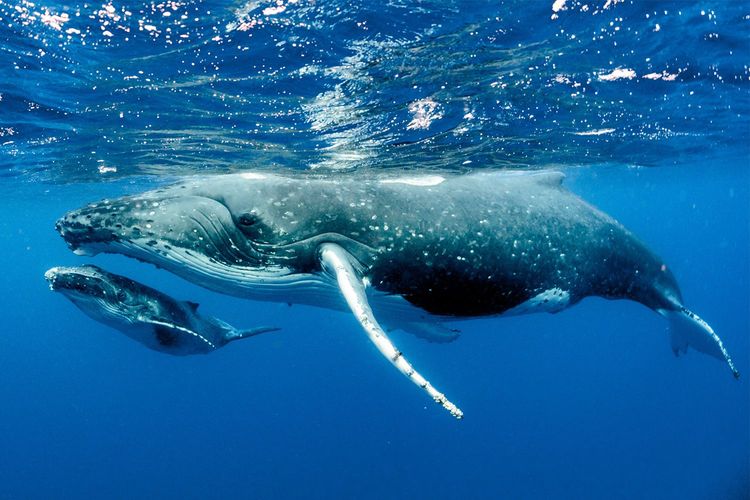
A study by the University of Exeter and the Greenpeace Research Laboratory highlights the potential threat of mining operations to the health and well-being of cetaceans due to the noise pollution they generate. The study found that the noise that results from deep-sea mining operations can interfere with the whales' ability to communicate with each other and locate their preys.
This would lead to feeding difficulties with a consequent long-term impact on the health and reproductive success of the whales. The mining process involves the use of heavy machinery, which produces a loud noise that can travel long distances underwater. The noise would disturb the behavior and migratory patterns of whales, which rely on sound to navigate, communicate with each other and find food.
The study recommends that deep-sea mining operations be subject to stricter environmental regulations to protect the health and welfare of whales and other marine organisms. The researchers in particular suggest that mining companies adopt quieter technologies and operating practices to reduce the impact of noise pollution on marine life. they also call for further research to fully understand the impact of deep-sea mining on the marine environment and to develop better strategies to mitigate its negative effects.
Read more articles

One Ocean Foundation and University of Milan: first large-scale map of contamination in italian glaciers published

M.A.R.E. project completes groundbreaking mapping of the Mediterranean Sea’s health
